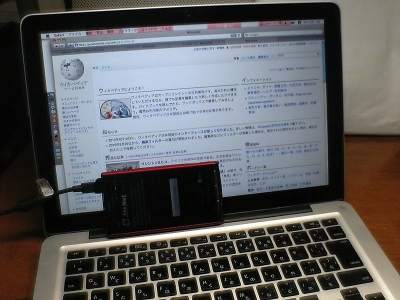“Unauthorized” tethering remains a popular, albeit controversial practice in the United States.
While several mobile phone carriers clearly consider “unauthorized” tethering illegal in their Terms of Service (TOS), many users beg to differ.

Tethering (also known as mobile hotspot service) is the use of a mobile phone to indirectly connect another device – such as a tablet or laptop – to the Internet.
The connection between the phone and the connected device may be achieved via a USB cable, Bluetooth or Wi-Fi. Multiple devices can also be connected to the Internet using the same phone.
Most carriers in the US require that tethering be paid for separately as a distinct service, with costs ranging from $20-$30 for tethering up to 8 devices at a go.
Of course, numerous smartphones can also have their settings modified to allow tethering outside the paid service.
Smartphone users who see no problem with unauthorized tethering argue they are already on a paid data plan and so are free to use the data plan as they wish.
While smartphone owners have, to a large extent, managed to get away with non-paid tethering, the good times are unlikely to last much longer.
If the carrier’s TOS clearly prohibits unauthorized tethering, the provider effectively has the law on their side. As such, it is only a matter of time before providers crack the whip.
Obviously, cracking down on the practice doesn’t necessarily mean taking “disobedient” customers to court or terminating their plans.
Carriers are more likely to employ a less confrontational approach to avoid angering their subscribers.
AT&T has provided a hint of the path other carriers are likely to follow. The company recently announced that iPhone users who have been tethering for free will be automatically moved to the paid service.






